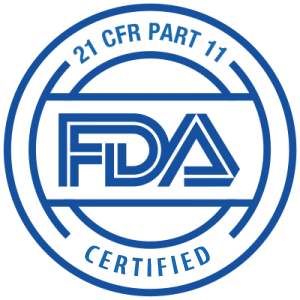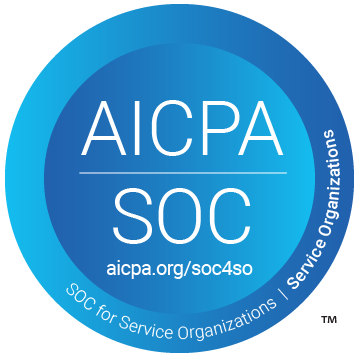
Data Hydration and Dehydration: Safeguarding Privacy
Thinking Cap Blog | 2024-11-12
In today’s digital age, data privacy is more important than ever. Learning Management Systems (LMS) store vast amounts of personal information about learners, administrators, and educators. As privacy regulations like the GDPR (General Data Protection Regulation) continue to evolve, it's critical for LMS providers to not only ensure the safety of this data but also to find intelligent ways to manage its lifecycle. That's where concepts like data hydration and dehydration come into play.
What Are Data Hydration and Dehydration?
Data hydration and data dehydration are processes that help manage data efficiently, specifically by controlling when and how data is accessible. Think of data hydration as the process of "filling up" the LMS with necessary user information, making it accessible when needed for specific learning activities, analytics, or reporting. In contrast, data dehydration is about "removing the water," or making the data inaccessible without actually deleting it. By doing so, dehydrated data is no longer part of active processes but remains stored securely for compliance and potential future rehydration.
In simpler terms, hydration makes data available, while dehydration tucks it away safely—almost like putting items into storage until you need them again. These practices play a key role in reducing data exposure risks while still maintaining the ability to restore information as needed.
Why Data Hydration and Dehydration Are Important for Privacy?
Data hydration and dehydration techniques are particularly crucial when it comes to user privacy in an LMS. By managing data visibility, you limit the amount of personal information that is accessible at any given time, significantly lowering the risk of data breaches or unauthorized access.
For example, let’s consider a scenario where a user completes a training course. After the course is completed, data hydration allows that user’s learning history to be accessed for certification purposes or compliance checks. However, after a certain retention period or when the data is no longer actively needed, data dehydration can be employed to remove the sensitive information from active systems, minimizing exposure. This way, user data is only active when necessary, adhering to privacy principles.
Ensuring GDPR Compliance
The GDPR mandates that companies handle personal data with care, only storing information that is absolutely necessary, and for as long as it is needed. The dehydration of data is a smart way to adhere to GDPR requirements, as it limits data processing to only what is relevant at the time. By dehydrating data, you minimize the surface area that could be targeted by malicious actors, helping to ensure data privacy and compliance.
Moreover, data hydration enables flexibility and transparency, giving the LMS the ability to rehydrate data only when a valid reason arises. For example, rehydration can occur if a user requests access to their training history or when needed for a regulatory audit. With this approach, the LMS provides robust support for the rights of data subjects under GDPR, such as the right to access and the right to erasure.
How Thinking Cap LMS Uses Data Hydration and Dehydration
In Thinking Cap LMS, we use data hydration and dehydration processes as a core strategy for privacy management. When user data is no longer actively needed—such as after learners complete their training and certifications—we dehydrate that data, effectively removing it from immediate accessibility. However, it remains securely stored and can be rehydrated if required by an authorized process, such as auditing or compliance checks.
By leveraging hydration and dehydration, we ensure that your LMS has minimal exposure to sensitive data, which significantly reduces risk. This balance between accessibility and privacy provides a robust framework for adhering to compliance standards, meeting both organizational needs and protecting user privacy.
Conclusion
Data hydration and dehydration are powerful strategies for safeguarding privacy and ensuring compliance in an LMS. By actively managing the lifecycle of data, you not only protect user information from potential threats but also align your processes with stringent regulations like GDPR. Thinking Cap LMS employs these methods to strike the perfect balance between usability, security, and compliance—giving you and your learners peace of mind in an increasingly privacy-conscious world.
If you're interested in learning more about how we implement privacy-first features in our LMS, feel free to reach out. We're here to help make learning both accessible and secure!
Share this article




